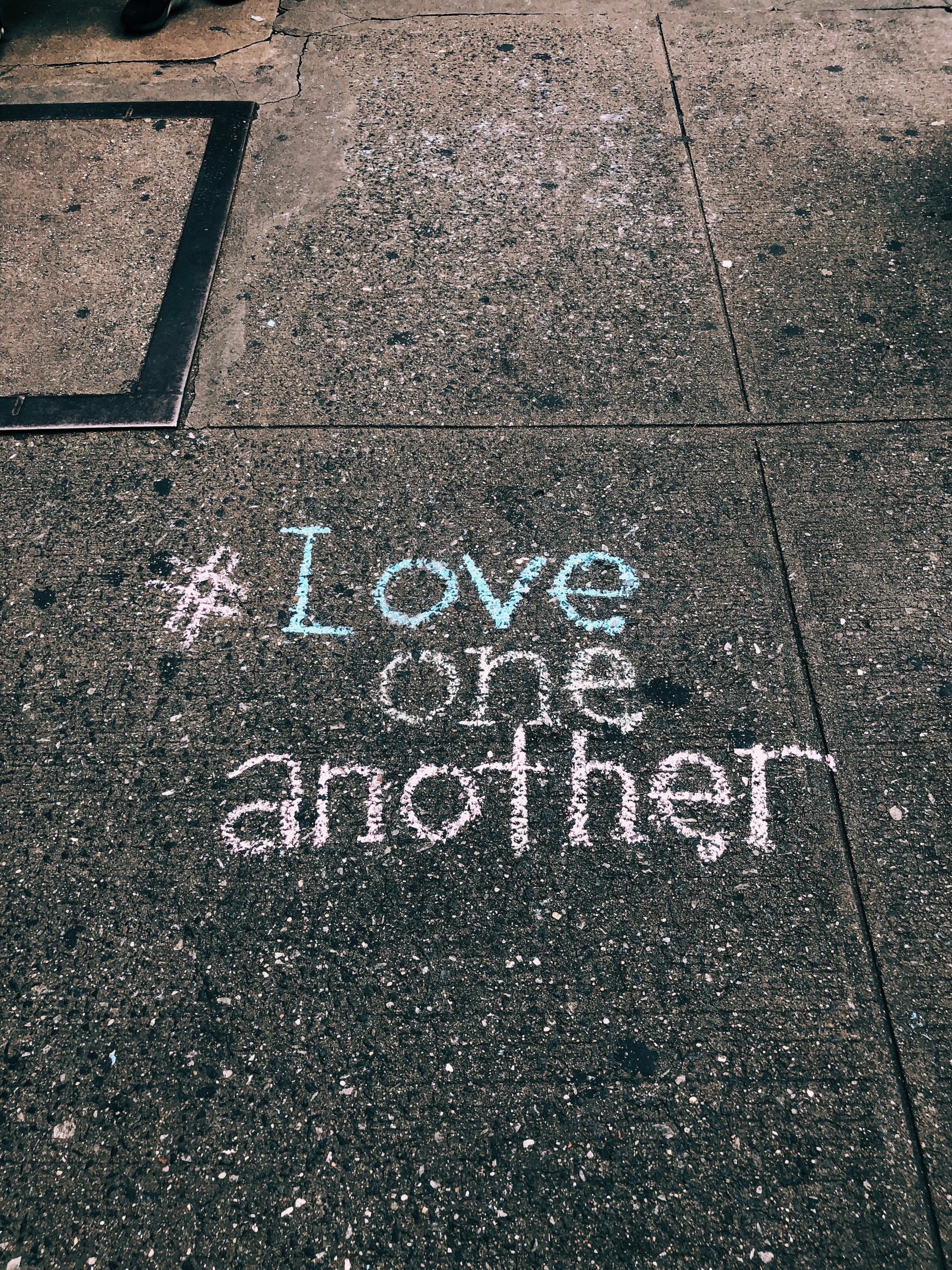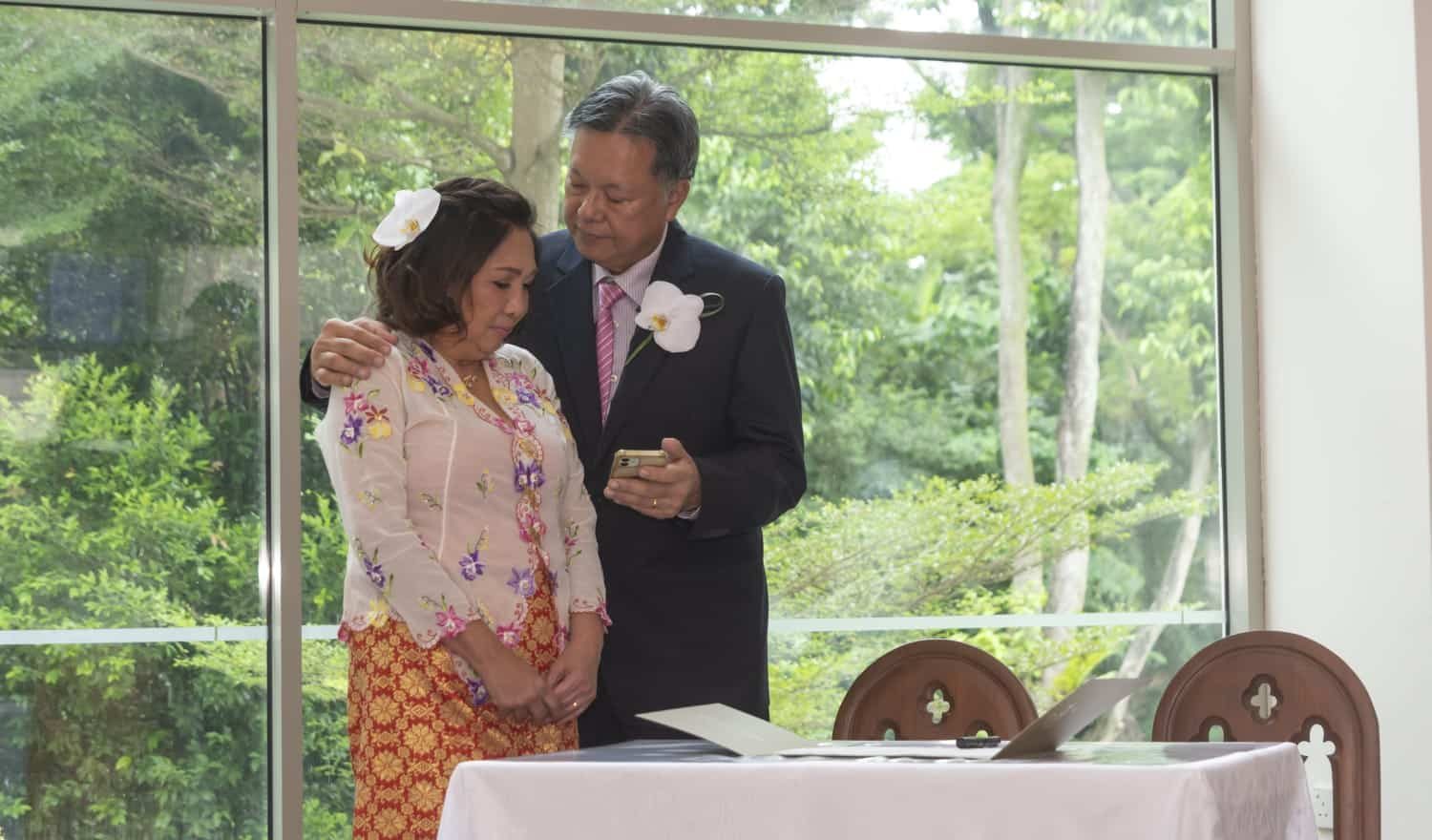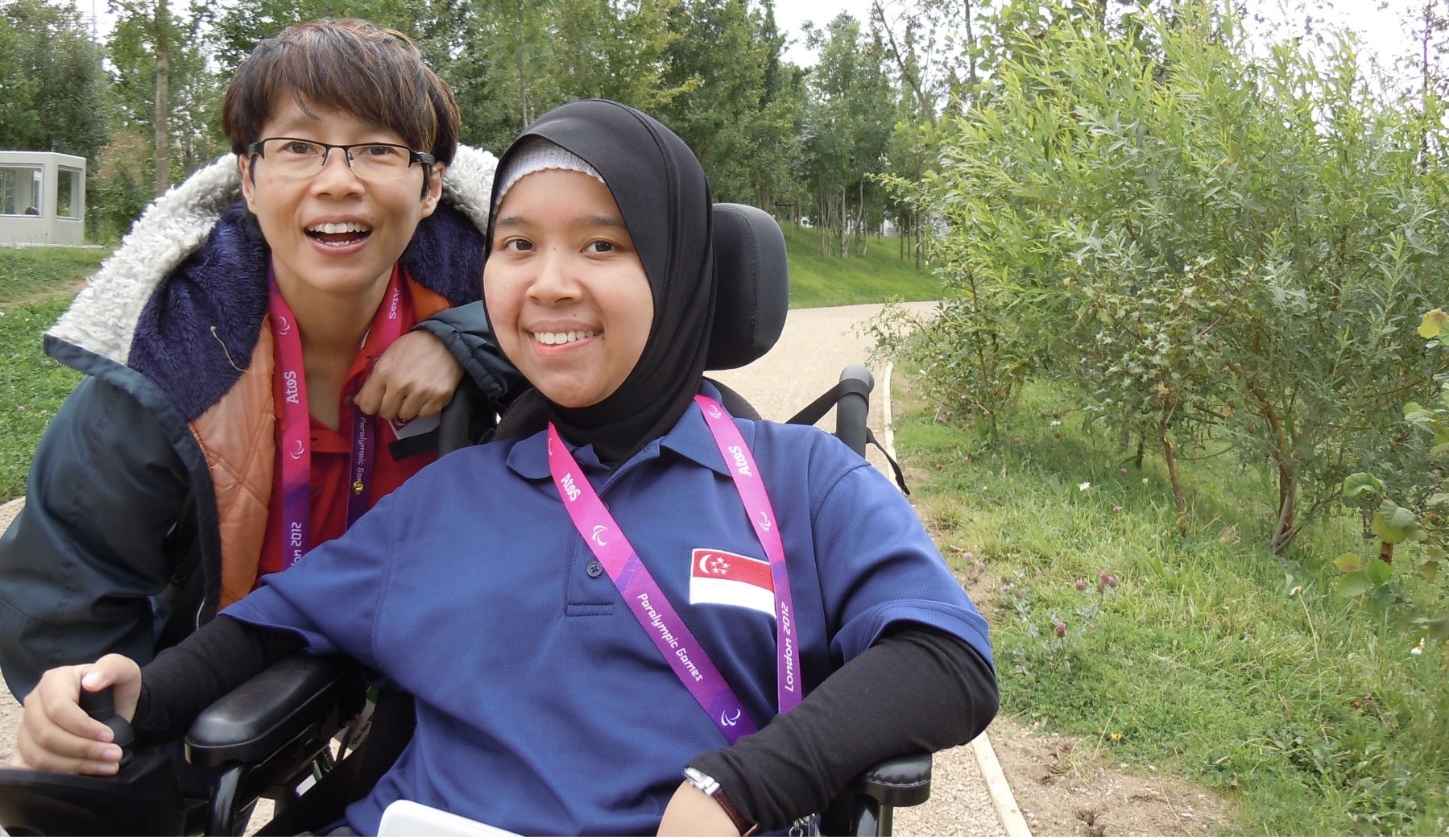
"If indeed we have the washed eyes to see Jesus as Lord, with Whom all things – unexplainedly – are possible but without Whom nothing is (Matthew 19:26), then the call on our lives is to go in love, as a people sent – in love," says Emilyn Tan. Photo by Jon Tyson on Unsplash.
The Sundays came and went. In the four weeks slated, the Phase 2 (Heightened Alert) set of restrictions achieved its purpose of bringing down the rising number of community cases.
Singapore’s daily tally of Covid-19 infections hovered at 10 and below this last weekend, from 38 new locally transmitted cases on May 16, the first day of Phase 2 (HA).
The number of unlinked cases has also decreased.
There were three deaths in the same period, however, highlighting anew the stark reality that the scourge of Covid-19 and its variants is as unrelenting as ever.
Still, today (June 14), we can heave a collective sigh of relief as we launch into Phase 3 – morphed though that may be by the tag, “Heightened Alert” in parentheses. In a week’s time, if the numbers hold, dining in at our favourite eating places will be allowed to resume, in groups of up to five, and there can be sporting activity with masks off.
Our biblical DNA
Continued vigilance is nonetheless exhorted as we give the virus endemic status. Going in and out of restrictions is likely to become a norm – what in biblical terms might be called a new wineskin (Luke 5:37-39), especially since churches are expected to go with the flow.
In biblical terms the universal language of neighbourly love is: “Whatever you wish that others would do to you, do also to them.”
But, before we settle too comfortably into an inert lull, there is some distinct acidity from the old vintage we’d do well to address, particularly those arising from the fermentation of race and religious differences.
“We need to continue to work with one another,” Minister of Trade and Industry Gan Kim Yong said at last Thursday’s (June 10) Covid-19 taskforce press conference, referencing the recent spate of racism.
Reiterating his colleague’s call for societal cohesion, Minister of Health Ong Ye Kung went further by stating that the “fundamental DNA” that Singaporeans share is “of trust, of confidence in each other”.
In short, they were reminding us of what in biblical terms is the universal language of neighbourly love: “Whatever you wish that others would do to you, do also to them.” (Matthew 7:12)
Conversely, whatever you do not wish that others would do to you, do not unto them.
Scriptural love
For the record, Jesus reached out to a woman of Samaria (John 4:4-26) and healed a Roman centurion’s servant (Luke 7:2-10). A touch of His garment ended the suffering of a Gentile woman who’d endured discharge of blood for 12 years (Mark 5:25-34).
Scripture’s definition of “love” makes no room for any emo whatsoever.
Our own community of churches took after His example and sowed Good Samaritan (Luke 10:30-35) seeds during last year’s Circuit Breaker. The efforts reaped much Kingdom fruit – fruit that will last if we would but enter into the same labours (John 4:38) again, and yet again.
Personal inclination played no part in their characterisation of love then and it shouldn’t now. In fact, Scripture’s definition of “love” makes no room for any emo whatsoever:
Love is patient and kind; love does not envy or boast; it is not arrogant or rude. It does not insist on its own way; it is not irritable or resentful; it does not rejoice at wrongdoing, but rejoices with the truth.
Love bears all things, believes all things, hopes all things, endures all things.
Love never ends. (1 Corinthians 13:4-8)
The question is: Where does it begin?
Anointed eyes
Simply put? With a decision to obey: “A new commandment I give to you, that you love one another: just as I have loved you, you also are to love one another. By this all people will know that you are My disciples, if you have love for one another.” (John 13:34-35)
Who really do we believe Jesus to be in the season of life we now find ourselves in?
For the man born blind as described in John 9, love began with the grime of spittle mixed with mud. To his credit, he had grit and gumption enough to follow Jesus’ instructions and make his way – unseeing – into a pool called Siloam (meaning “Sent”) for a wash-over.
He emerged seeing – with no way of explaining how or why his sight was restored, not even under the rigour of interrogation by disbelieving Pharisees. He could only say it was “the man called Jesus” who had given him vision.
Such a response got him kicked out of Jewry. Looking for and finding him, Jesus said: “Do you believe in the Son of Man?”
The same question is posed to us today: Who really do we believe Him to be in the season of life we now find ourselves in?
If indeed we have the washed eyes to see Jesus as Lord, with Whom all things – unexplainedly – are possible but without Whom nothing is (Matthew 19:26), then the call on our lives is to go in love, as a people sent – in love.
“In the same way, let your light shine before others, so that they may see your good works and give glory to your Father who is in heaven.” (Matthew 5:16)
STORIES OF LOVE IN THE COMMUNITY:
“It was a miracle”: Dr Cynthia Goh on the chain of goodness that led Bangladeshi worker home
We are an independent, non-profit organisation that relies on the generosity of our readers, such as yourself, to continue serving the kingdom. Every dollar donated goes directly back into our editorial coverage.
Would you consider partnering with us in our kingdom work by supporting us financially, either as a one-off donation, or a recurring pledge?
Support Salt&Light



